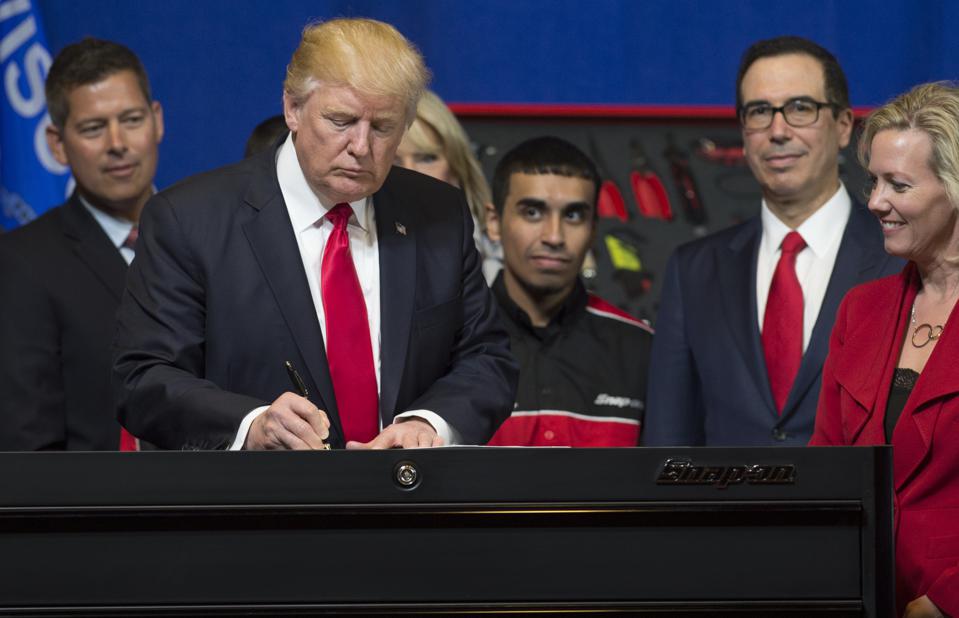A national survey of more than 500 human resources professionals across industries and company sizes has found immigration restrictions lead to more jobs, workers and resources being sent outside the United States. The survey results do not surprise immigration attorneys and members of the business community but contradict what many analysts consider questionable assertions by opponents of H-1B visas and immigration. The survey was conducted in February 2023 by Envoy Global, a global immigration services provider, and Cint, a digital insights and research company.
The survey results raise questions about the purpose of the government restrictions imposed on employers that try to grow their business and workforce in the United States. According to the survey:
– Employers are sending jobs outside the United States in response to visa restrictions. “86% of companies hired employees outside the U.S. for roles originally intended to be based inside the country because of visa-related uncertainties.” (Emphasis added.)
– Companies are sending employees to other countries because of U.S. immigration policies. “82% of employers saw a foreign national employee forced to depart the U.S. because they were unable to obtain or extend an employment-based visa in the last year.”
– America’s loss is other countries’ gain, according to the findings. Among the companies surveyed, 62% relocated employees to Canada, 48% to Mexico, 48% to the United Kingdom, 31% to Germany and 25% to Australia. Canada has no annual limit on high-skilled temporary visas and a straightforward path to permanent residence for most employment-based immigrants.
– The problems are likely to continue. “93% of companies expect to turn to nearshoring or offshoring to fill positions abroad due to immigration barriers and labor shortages in the U.S.”
Academic research supports the survey’s findings. Britta Glennon, an assistant professor at the Wharton School of Business at the University of Pennsylvania, concluded in a study that restrictions on H-1B visas likely result in more jobs leaving the United States: “[A]ny policies that are motivated by concerns about the loss of native jobs should consider that policies aimed at reducing immigration have the unintended consequence of encouraging firms to offshore jobs abroad.”
Approximately half the employers in the survey cited the “limited number of H-1B visas available” as the primary immigration barrier affecting companies. Thirteen percent named slow and uncertain government processing, 15% cited government regulations and paperwork, 4% identified sponsorship costs and 21% named “all of the above” as problems.
Another recent poll, of 2,006 registered voters conducted by the Bipartisan Policy Center and Morning Consult, also showed support for more liberalized policies on international students and high-skilled immigration. “Over half of voters say that increasing high-skilled employment-based immigration (57%) and allowing foreign students with in-demand degrees to stay and work in the U.S. (56%) would have a positive impact on the economy,” according to the survey. Only about 12% to 13% thought more welcoming policies would have a negative impact.
Economists (and their research) overwhelmingly support the United States liberalizing rules for international students and employment-based immigrants. Economists Giovanni Peri, Kevin Shih, Chad Sparber and Angie Marek Zeitlin found the annual numerical restrictions on H-1B petitions harm job growth for U.S.-born professionals: “The number of jobs for U.S.-born workers in computer-related industries would have grown at least 55% faster between 2005-2006 and 2009-2010, if not for the denial of so many applications in the recent H-1B visa lotteries.”
The polling found that language matters: “Across political party and race/ethnicity, voters are more likely to say employment-based immigration would have a positive impact when using the term high skilled compared to immigration broadly.” The survey also found, “Among Republicans . . . the most impactful messaging focus on competitiveness with China and having an economy for the future.”
The polling comes as efforts to liberalize rules for foreign-born scientists and engineers have been blocked in Congress, most recently in 2022 by Sen. Charles Grassley. Grassley prevented green card exemptions for foreign nationals with master’s and Ph.D.’s in science and engineering fields from being included in the CHIPS and Science Act of 2022. The number of Indians immigrating to Canada has more than tripled since 2013, largely due to that country’s more attractive policies for companies and high-skilled immigrants compared to the United States.
Surveys cannot determine policies. However, polling and the real-world experiences of businesses combined with sound analysis can point toward a better path.

